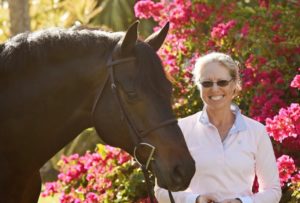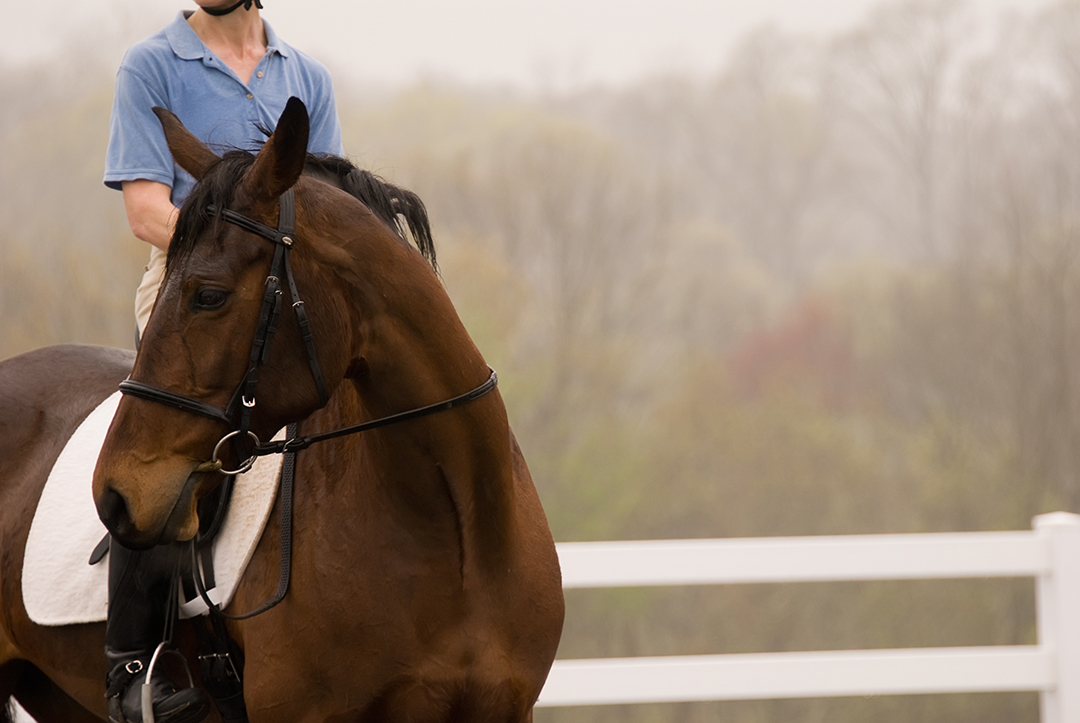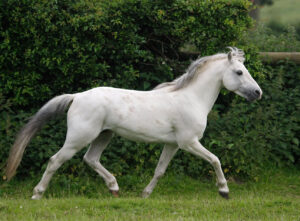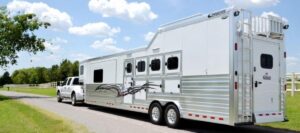A rider, injured while taking a lesson when her horse spooked and bolted, can sue the owners of the facility, but not her trainer. Meanwhile, the owners of the facility can sue the trainer for failing to get a signed release from the injured rider, as was required by the lease pursuant to which the trainer was on the property giving lessons.
According to the court, the injured rider’s horse spooked when the son of the facility’s manager shook a vinyl tarp alongside the riding ring, creating a “loud crackly” noise. The injured rider filed suit against her trainer, the facility owner, the manager, and the manager’s son. The court held that while the rider assumed the risk of falling off a horse, she did not assume the risk created by the allegedly reckless conduct of the manager’s son. The fact that the facility owner allegedly permitted the manager’s son to be present on the property on a continuing and regular basis left open the question of whether the facility itself might be liable for his conduct.
The rider’s lawsuit spawned another lawsuit — between the facility and the trainer. The court’s opinion indicates that the trainer leased access to the property from the facility, and the lease agreement required the trainer to obtain a waiver or release from students. Since the trainer had not obtained a waiver or release from the injured rider, the facility sought indemnification from the trainer for the alleged breach. The trial court had initially dismissed this claim on the grounds that the waiver “would have served no practical purpose” because it would have been void or unenforceable as against public policy pursuant to New York law. The appellate court rejected this argument and reinstated the facility’s lawsuit against the trainer, finding that the New York law prohibiting waivers for “places or amusement or recreation” did not apply to students taking riding lessons. The court concluded that the “riding establishment was not a ‘place of amusement or recreation’ and hence, had a waiver been obtained, such waiver would not have been rendered void under the statute.”
The injured rider was allowed to pursue her claims against the facility and the manager’s son, and the facility was allowed to pursue its claim against the trainer.








